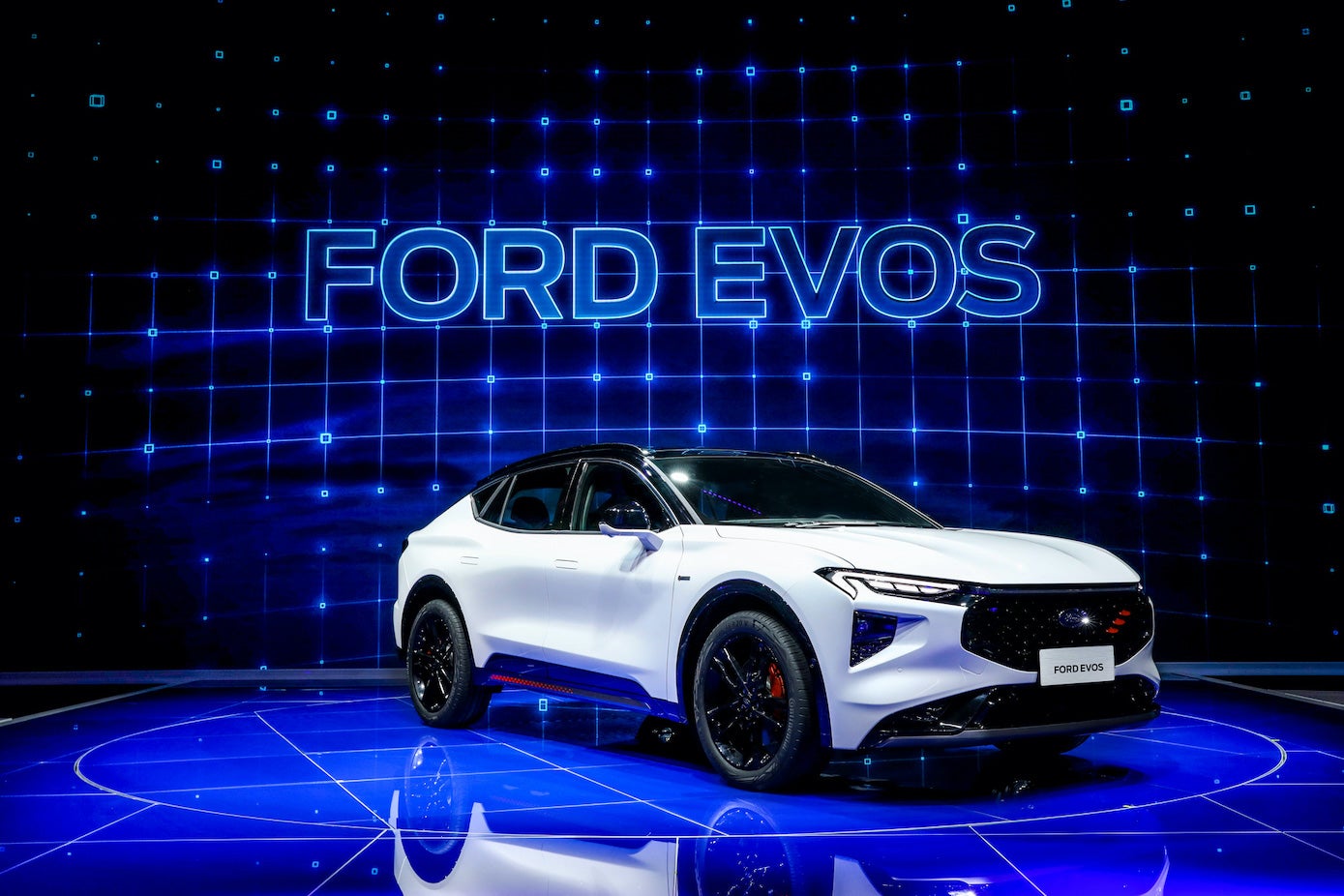
Ford and Redwood Materials today announced they are working together to build a battery recycling and a domestic battery supply chain for electric vehicles.
The goal is to make electric vehicles more sustainable, drive down the cost for batteries and ultimately help make electric vehicles accessible and affordable for more people.

Discover B2B Marketing That Performs
Combine business intelligence and editorial excellence to reach engaged professionals across 36 leading media platforms.
The pair are collaborating to integrate battery recycling into the automaker’s domestic battery strategy. Redwood’s recycling technology can recover, on average, more than 95% of the elements like nickel, cobalt, lithium and copper.
These materials can be reused in a closed-loop with Redwood moving to produce anode copper foil and cathode active materials for future battery production. By using locally produced, recycled battery materials, Ford can drive down costs, increase battery materials supply and reduce its reliance on imports and mining of raw materials.
Jim Farley, Ford president and CEO, said: “Our partnership with Redwood Materials will be critical to our plan to build electric vehicles at scale in America, at the lowest possible cost and with a zero waste approach.”
This builds on Ford’s previously announced plans to scale battery production through multiple BlueOvalSK battery plants in North America starting mid-decade.
Thia is the US joint venture that Ford and SK Innovation intend to form, subject to definitive agreements, regulatory approvals, and other conditions.
Last week, Redwood announced it ould produce strategic battery materials, supplying anode copper foil and cathode active materials. It plans to transform the lithium-ion battery supply chain by offering large-scale sources of these domestic materials to
reduce the cost and environmental footprint of electric vehicle production. The local supply of these two materials is a key part of Ford’s commitment to reduce the environmental impact of battery manufacturing and continue to ramp up electric vehicle production in the US.
Lisa Drake, Ford’s North America chief operating officer, said: “This approach will help ensure valuable materials in end of life products re-enter the supply chain and do not wind up in landfills, reducing our reliance on the existing commodities supply chain that will be quickly overwhelmed by industry demand.”
Redwood Materials, founded by JB Straubel and based in northern Nevada, is creating a circular supply chain for batteries and providing processes and technologies to recycle and remanufacture lithium-ion batteries.
Longer-term, Ford and Redwood plan to work together on the best approach to collect and disassemble end-of-life batteries for recycling and remanufacturing to help reduce the cost associated with battery repairs and raw materials to manufacture new batteries.
Ford has invested $50m in Redwood Materials to help the company expand in the US.






